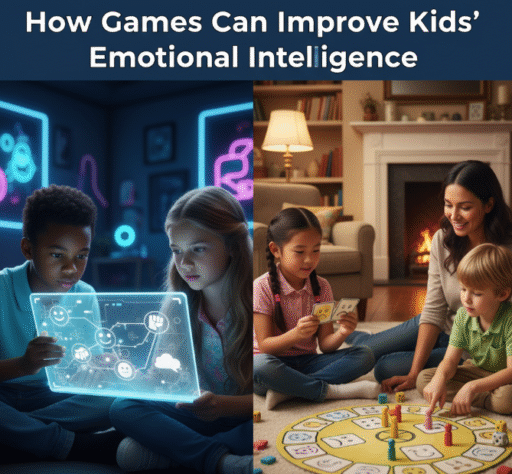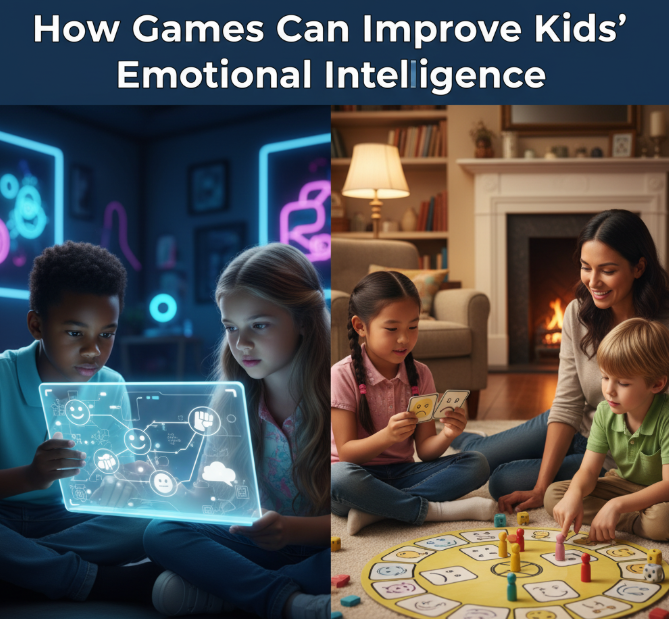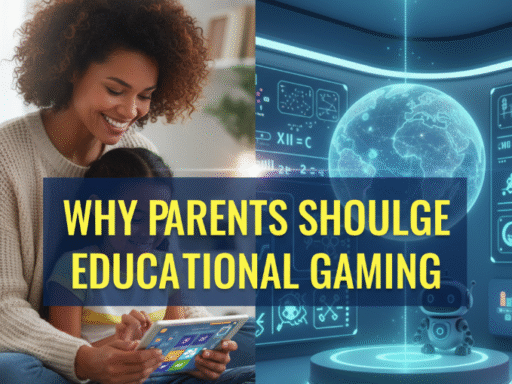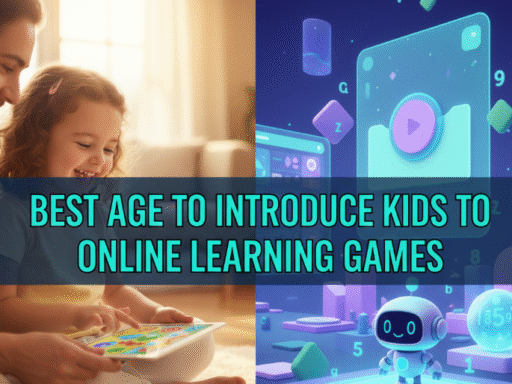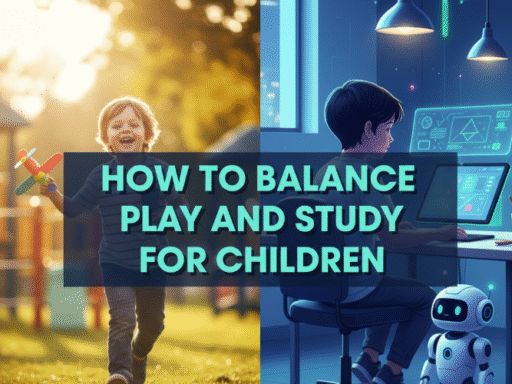Introduction: Why Emotions Matter in Childhood
Every parent dreams of raising kids who are not just smart but also kind, resilient, and confident. While school subjects like math and science sharpen the brain, it’s emotional intelligence (EQ) that helps children succeed in relationships, teamwork, and even mental health. Emotional intelligence includes skills like empathy, self-control, resilience, and effective communication.
Here’s the exciting part: children don’t have to learn these skills only through lectures or books. Games—whether board games, digital games, or outdoor activities—play a huge role in shaping emotional intelligence.
This article explores how games can nurture kids’ emotional growth, why play is more powerful than lectures, and what kinds of games parents and teachers can encourage.
The Connection Between Games and Emotional Growth
Games aren’t just entertainment—they are practice fields for life. When kids play, they:
-
Face challenges → Learning how to manage frustration.
-
Follow rules → Developing patience and self-control.
-
Work in teams → Building empathy and cooperation.
-
Win or lose → Understanding resilience and handling disappointment.
A Quick Snapshot
| Emotional Intelligence Skill | How Games Help | Example Game |
|---|---|---|
| Self-control | Waiting for turns | Candy Land, Chess |
| Empathy | Understanding others’ feelings | Role-playing games |
| Resilience | Coping with loss and retrying | Video games with levels |
| Social skills | Collaborating with peers | Cooperative board games |
| Problem-solving with emotions | Staying calm under pressure | Escape room puzzles |
Building Self-Awareness Through Play
Self-awareness means recognizing one’s own emotions. Kids often struggle to label what they feel. Games provide a safe environment to explore these emotions.
How Games Encourage Self-Awareness
-
Role-playing games – Kids act out scenarios and discover how they would feel in different roles.
-
Video games with avatars – Choosing or customizing characters helps kids express identity.
-
Board games with emotional themes – Games like “Feelings and Faces” ask kids to match emotions with situations.
👉 Example: A child playing a role-playing game as a doctor may realize how stressful and rewarding responsibility can feel.
Teaching Kids Self-Control and Patience
One of the biggest benefits of games is learning to wait your turn. Impulse control is hard for children, but games naturally enforce it.
Key Benefits
-
Turn-taking → Kids practice waiting without interrupting.
-
Following rules → Games teach that rules keep fairness alive.
-
Staying calm → Even when things don’t go their way, they must stay in the game.
Real-Life Example
-
In UNO, kids must hold onto cards and play strategically. Losing a turn teaches patience.
-
In Chess, children learn long-term thinking and controlling immediate impulses.
Games as Tools for Empathy
Empathy—the ability to understand and care about others’ feelings—is one of the most powerful EQ skills.
How Games Build Empathy
-
Co-op board games (like Pandemic or Forbidden Island) → Kids must work together to achieve a shared goal.
-
Story-driven video games → Kids see the world from another character’s perspective.
-
Imaginative role-play → Pretending to be parents, teachers, or heroes makes children consider how others feel.
Example: In a cooperative board game, if one player struggles, others must support them. This mirrors real-life teamwork.
Learning Resilience and Handling Failure
Every child faces setbacks. The way they respond defines their emotional strength. Games naturally teach resilience because losing is part of play.
Benefits of Game-Based Resilience
-
Safe failure → Games let kids fail without real-life consequences.
-
Trying again → Restarting a level or round builds persistence.
-
Celebrating small wins → Each small achievement motivates them.
Example in Action
-
In Mario Kart, a child may lose multiple races but learns to try again with better strategies.
-
In Puzzle-solving games, kids must retry until they crack the challenge—building patience and grit.
Games That Strengthen Social Skills
Emotional intelligence also means knowing how to get along with others. Many games sharpen social skills like communication, cooperation, and leadership.
Types of Social-Skill Games
-
Team-based games → Encourage collaboration.
-
Debate games → Build persuasion and respectful disagreement.
-
Sports and outdoor games → Teach teamwork, trust, and encouragement.
Example Games
-
Charades → Builds communication without words.
-
Soccer/Cricket → Teaches leadership, team spirit, and shared responsibility.
-
Board games like Monopoly → Negotiation and compromise.
Digital Games and Emotional Intelligence
Parents often worry about screen time. But not all video games are harmful. When chosen wisely, digital games can significantly boost EQ.
Positive Aspects of Digital Games
-
Interactive storytelling → Builds empathy.
-
Complex missions → Strengthens problem-solving under pressure.
-
Online teamwork → Develops collaboration across cultures.
👉 Example: Games like Minecraft encourage creativity, teamwork, and planning.
Balancing Competition and Cooperation
Competition can push kids to perform better, but too much can create stress. Cooperation, on the other hand, builds community. The best games strike a balance.
How to Maintain Balance
-
Alternate between competitive and cooperative games.
-
Praise both effort and outcome.
-
Teach kids to handle both victory and defeat gracefully.
| Game Type | EQ Benefit | Example |
|---|---|---|
| Competitive | Builds resilience, motivation | Chess, Sports |
| Cooperative | Builds empathy, teamwork | Pandemic, Minecraft |
| Hybrid | Teaches balance | Relay races, Family trivia |
Games as Family Bonding Tools
Family playtime isn’t just about fun—it’s a chance to build emotional intelligence together.
Benefits of Family Game Nights
-
Kids learn to read emotions from parents and siblings.
-
Parents can model emotional control during games.
-
Shared laughter and fun reduce family stress.
👉 Example: A family playing Pictionary not only laughs together but also learns how to communicate ideas more clearly.
Practical Tips for Parents and Teachers
Choosing the Right Games
-
Pick games that match your child’s age and interests.
-
Include a mix of strategy, creativity, and teamwork.
-
Avoid overly violent or isolating games.
During Play
-
Observe emotions → Notice when kids feel frustrated or excited.
-
Discuss outcomes → Ask, “How did you feel when you lost?”
-
Celebrate effort → Praise persistence, not just winning.
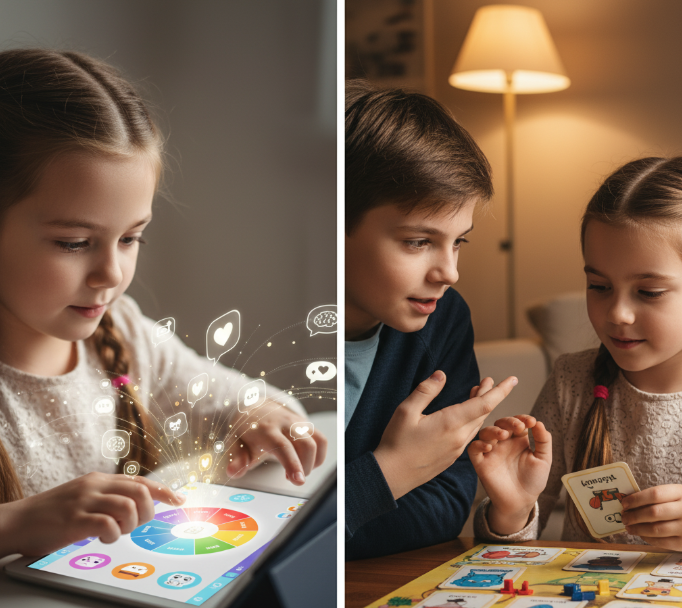
How Games Can Improve Kids’ Emotional Intelligence
Case Study: Emotional Growth Through Games
A school in Finland introduced cooperative digital games as part of classroom activities. Within six months:
-
Kids showed a 30% improvement in empathy levels (measured by peer feedback).
-
Teachers reported fewer conflicts and better teamwork.
-
Students described games as making them “feel more connected.”
This proves that with the right guidance, games are not distractions—they’re tools for building life skills.
Long-Term Benefits of Game-Based Emotional Learning
When kids grow up playing games that strengthen EQ, the results extend into adulthood.
Lifelong Advantages
-
Better relationships with friends, family, and colleagues.
-
Stronger leadership and teamwork abilities.
-
Lower stress levels and better mental health.
-
Improved academic and career success due to better communication.
Conclusion: Turning Play Into Powerful Lessons
Games are more than entertainment—they are hidden classrooms for emotional intelligence. Through laughter, competition, cooperation, and challenges, children develop the skills they’ll need for the rest of their lives.
By encouraging a balance of board games, digital adventures, outdoor play, and family bonding activities, parents and teachers can nurture emotionally intelligent kids who grow into kind, resilient, and confident adults.
So the next time your child asks, “Can we play a game?” remember—it’s not just fun. It’s a step toward emotional growth.
